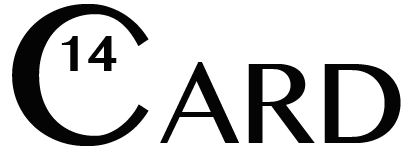CARD fuzzes location data for public visitors to the database. Accessing CARD's full capabilities requires an account available only to researchers at accredited institutions.
Canada / NU / PgHb-7 (Arnakadlak) / S-1208
- Lab number
- S-1208
- Field number
- CMC- 851
- Material dated
- caribou bone collagen; collagène osseux de caribou
- Taxa dated
- Rangifer tarandus
- Locality
- on the west coast of Navy Board Inlet, 6.5 m asl, northern Baffin Island, Nunavut
- Map sheet
- 48 D/01
- Submitter
- G. Mary-Rousselière
- Date submitted
- August 25, 0097
- Measured Age
- 1830 ± 80
- Normalized Age
- 1910 ± 80
- δ13C (per mil)
- -20.0
- Significance
- Palaeoeskimo; Paléoesquimau
- Context
- old tent ring
- Associated taxa
- Mammalia: Rangifer tarandus
- Additional information
- Rutherford et al. list this date under PgHb-3.
- Comments
- PgHb-7, Arnakadlak: This is a Predorset-Dorset transitional site, with several Thule houses and old-looking tent rings at 1-3 m asl. The first dates obtained were much too late (S-1208) or possibly unreliable because marine mammal bone was used (S-591). Father Rousselière comments on S-2883: "Though I had noted that the stone artifacts looked much closer to Predorset than to Dorset, I had tentatively accepted the 2725 BP date (S-591) for the following reasons: 2 of the 3 harpoon heads from the site are of types found by Meldgaard at levels (23 m and 25 m) roughly corresponding to that date. Moreover the burins, and especially the "mini-burins," found at Arnakadlak were very similar to those from Nunguvik 46 (ca. 400 BC). I now believe that the 2 rare types of harpoon heads may have been in use for a much longer period, as well as the burins, and I accept the new date (S-2883)."

